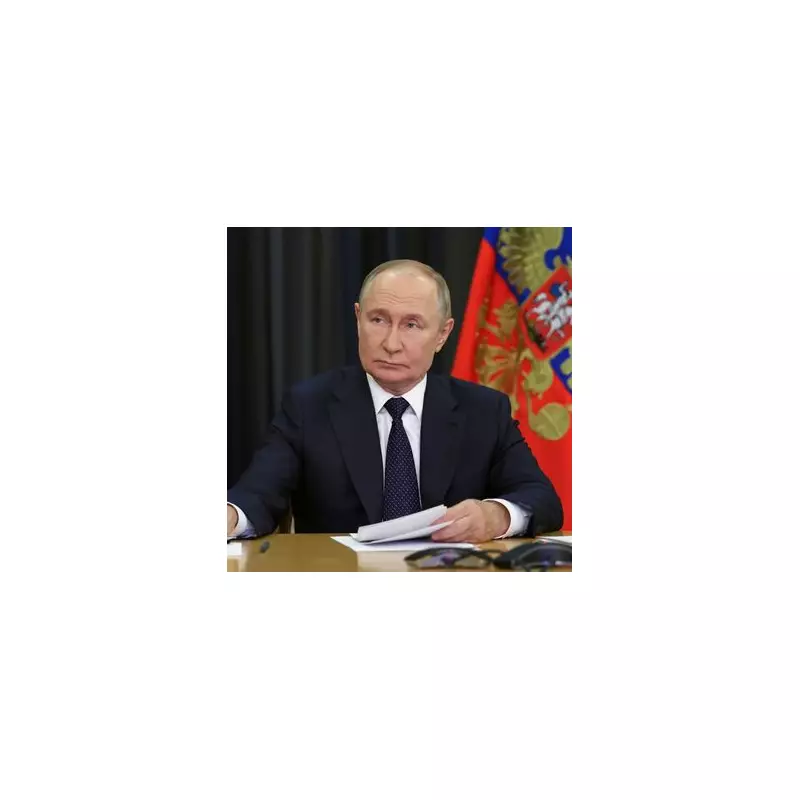
The British government has issued a severe and direct warning to the Kremlin after a Russian-made drone crashed inside NATO member Poland, dramatically heightening fears that the war in Ukraine could spill over into a broader international conflict.
The incident, which occurred near the city of Rzeszow close to the Ukrainian border, has triggered urgent high-level discussions among NATO allies. Foreign Secretary James Cleverly stated the UK is taking the event 'extremely seriously' and is in close contact with Polish authorities.
'We are monitoring the situation and we will continue to support Ukraine for as long as it takes,' a Foreign Office spokesman declared, underscoring Britain's unwavering stance.
NATO's Collective Defence in the Spotlight
The explosive arrival of military debris on NATO territory immediately invokes the alliance's founding principle: collective defence. Article 4 of the NATO treaty, which allows any ally to request consultations when it believes its territorial integrity is threatened, is now a central topic of discussion.
While initial Polish reports suggest the drone likely crashed due to a technical failure rather than a deliberate attack, the event serves as a stark reminder of the ever-present risk of miscalculation. Rzeszow's airport has become a critical logistical hub for channelling Western military aid into Ukraine, making it a significant location.
A Pattern of Provocation
This is not an isolated incident. Previous Russian missile strikes on Ukrainian infrastructure have caused explosions just miles inside NATO member Romania, showcasing the precarious nature of the conflict's borders.
The UK's warning represents a firm commitment to Article 5—the principle that an attack on one NATO member is an attack on all. It signals to Moscow that any intentional escalation against alliance territory will be met with a unified and formidable response.






